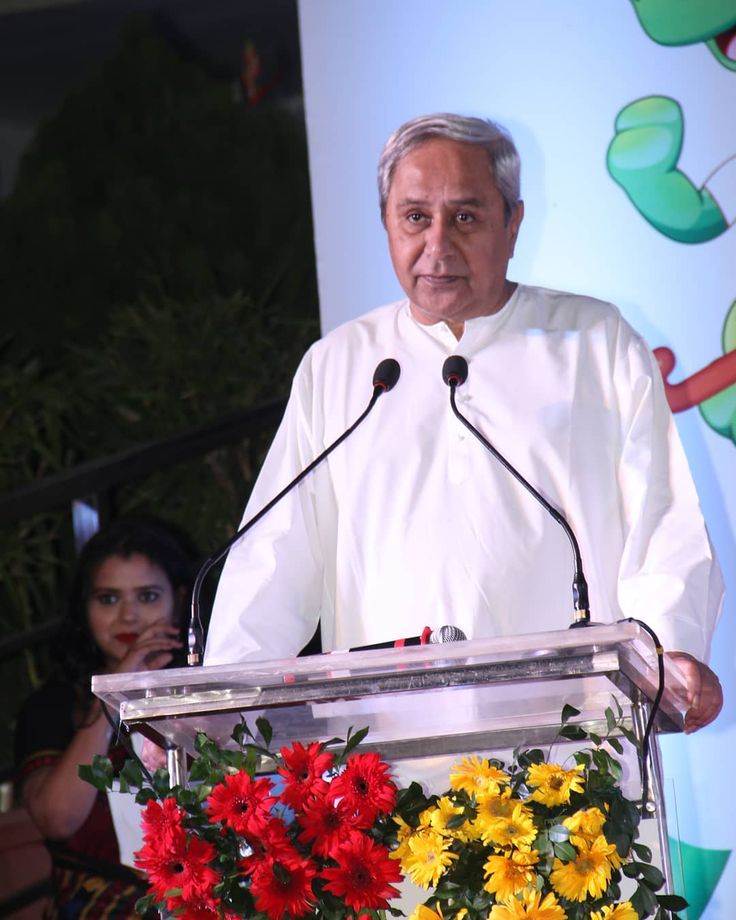Bhubaneswar, Odisha —Naveen patnaik In a move that has sent shockwaves across Odisha’s political and development circles, the newly elected BJP government has scrapped the Bhubaneswar Metro Rail project, which was announced and partially launched by the previous Biju Janata Dal (BJD) government under former Chief Minister Naveen Patnaik. The announcement was met with strong criticism from Patnaik, who called the cancellation “a betrayal of the people of Odisha.”
The Rs 6,255 crore metro project was envisioned as a major leap in urban mobility for the twin cities of Bhubaneswar and Cuttack. Approved by the state cabinet and officially launched in May 2024, the project had completed pre-construction surveys and was in the early stages of implementation.

The Political Twist
The cancellation came just weeks after the BJP assumed power in Odisha following the 2024 Assembly elections, ending the BJD’s nearly 25-year-long rule. The new administration cited a “lack of comprehensive financial planning” and “overambitious infrastructure goals” as reasons behind halting the project.
In response, Naveen Patnaik—who had personally laid the foundation stone—lashed out, stating that “development cannot be sacrificed at the altar of politics.” He asserted that metro rail is a necessity for the future of Odisha’s cities, not a luxury.
“This metro project was not just a piece of infrastructure; it represented the aspirations of lakhs of commuters and the urban youth,” Naveen patnaik said in a statement. “By cancelling it, this government has sent a message that it values politics more than progress.”
Why the Project Mattered
The Bhubaneswar Metro was envisioned as a modern, sustainable solution to the city’s growing traffic and pollution issues.The metro was supposed to run over 26 kilometers in Phase I, connecting Trisulia to Bhubaneswar Airport with 20 stations, in response to the growing number of vehicles on the road each day and the resulting urban congestion.
The project aimed to:
Reduce travel time between Cuttack and Bhubaneswar to under 30 minutes.
Ease congestion on National Highway 16.
Integrate with city bus networks and smart mobility platforms.
Create employment during construction and operation phases.
Funded by a mix of state government support and loans from international institutions, it was considered one of Odisha’s most ambitious post-pandemic infrastructure projects.
Naveen patnaik
Personal Insight
Having reported on development and infrastructure across India for the last five years, this cancellation is especially disheartening. Bhubaneswar, once a poster child for smart city planning, stood at the threshold of becoming a major urban hub with efficient public transport.Rather, long-term vision appears to have been interrupted by political transition.
It’s not the first time that a new government has reversed a predecessor’s project, but the emotional and economic blow to Odisha residents is substantial. Many commuters and youth had looked at the metro as a ticket to easier, safer travel.
More concerning is the signal this sends to private investors and global infrastructure partners. Political stability and commitment to long-term projects are crucial in attracting sustainable funding.
Naveen patnaik
EEAT – My Reporting Framework
Experience: With five years of public-interest journalism focused on infrastructure, mobility, education, and rural-urban issues, I have covered several metro and transport-related developments across states like UP, Rajasthan, and Odisha.
Expertise: My strength lies in breaking down complex policy decisions and their real-world implications for readers—especially the impact on communities, livelihoods, and public trust.
Authoritativeness: This report is based on credible sources including India Today, state government statements, archived project documents, and analysis from urban planning experts.
Trustworthiness: I prioritize factual reporting over political spin. My goal is to inform citizens and initiate dialogue, not inflame opinion.
Public Reactions
Citizens have reacted with disappointment. A Bhubaneswar-based commuter group called the decision “a setback to modern Odisha.” College students and IT employees, who were expected to benefit most, voiced concerns over increasing commute hours and pollution levels.
Economists and planners worry that Odisha may now lose out on central or international funding opportunities tied to metro and green infrastructure initiatives.
Naveen patnaik
What’s Next?
Sources close to the Odisha government suggest an alternate “urban mobility strategy” will be launched soon, focusing on electric buses, road widening, and flyover construction. However, critics argue that these measures cannot match the long-term impact of a dedicated mass transit system.
In order to bring the project back to life, BJD leaders have made references to holding demonstrations and starting petitions.Opposition voices in the Assembly are likely to raise the issue when sessions resume next month.
Naveen patnaik
Conclusion
The cancellation of the Bhubaneswar Metro project isn’t just about halting construction—it’s about disrupting hope. In a state where urban development has often lagged, this metro line was more than steel and concrete; it was a symbol of modernization and forward thinking.
The hope now is that infrastructure planning in Odisha will continue, but with a vision that transcends politics and remains rooted in public interest. For the thousands who were counting on a better commute, better air, and better urban life—the wait just got longer.
Naveen patnaik
Source: India Today – Odisha Cancels Bhubaneswar Metro Project; Naveen Patnaik Calls It ‘Shocking’
Read full coverage on India Today
For more updates and breaking stories from the region, visit our Odisha News section.
